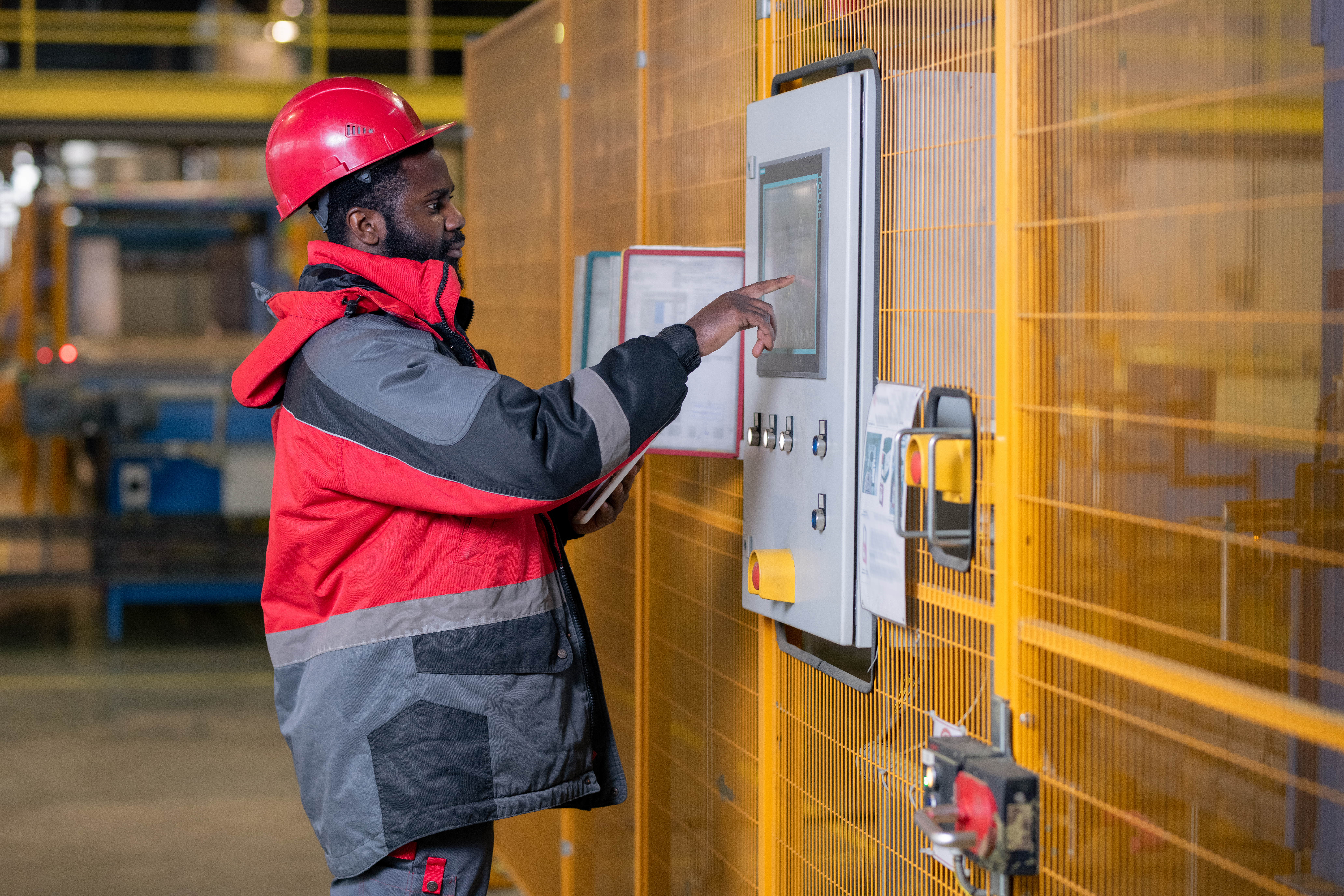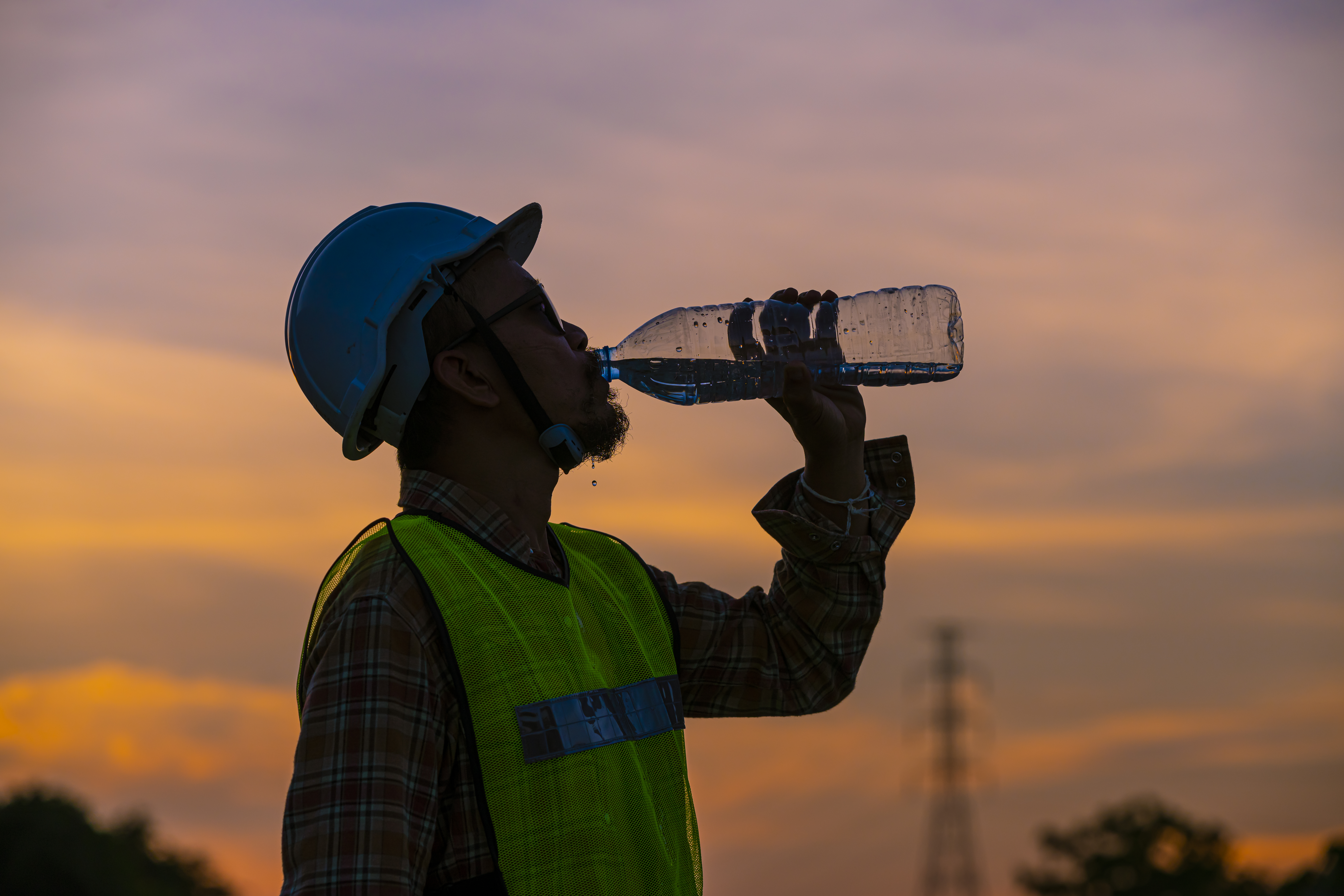
New & Trending
Face shields, water-repellant boots and coveralls are part of your protection against a sewage spill. From safety-toed boots to hardhat, you need personal protective equipment (PPE) suitable for each task. Pulling nails requires a different set of gloves than cleaning up a chemical spill. You need to have safety glasses and wear them, as well as wear earplugs or earmuffs when needed.
· Hazard communication
If a department or laboratory in the facility uses chemicals, make sure you know where and what the chemicals are. Read the safety data sheet for each chemical you use, and make sure you know where to find safety data sheets quickly in an emergency.
· Electrical
Obey signs warning of any electrical hazard. Don’t work with electricity if you’re not qualified to do so. Never stand on an aluminum ladder when working near electrical wiring.
· Lock out
When working with power equipment and power sources, beware of unexpected releases of energy. The lockout/tagout system protects you and others, and safety laws require it.
· Beware of asbestos
You may encounter asbestos in an older facility while stringing telephone cable or installing electrical wires. Likewise, renovations may release asbestos fibers into the air. Only people who are trained and authorized in the safe removal of asbestos should be performing that task.
Final Word
Maintenance workers encounter many hazards, so safety must be your number one priority.
-->








